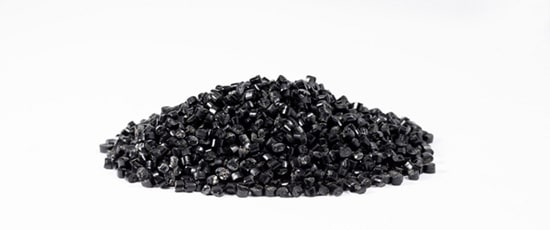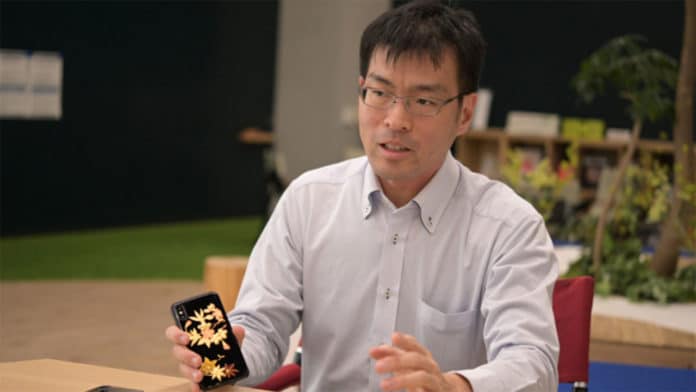NEC Platforms, a wholly-owned subsidiary of Japan’s NEC Corporation, has begun global sales of “NeCycle,” a cellulosic, highly functional bioplastic. It is made up of around 50% cellulose, sourced from non-edible plant resource obtained from woods, rice straw, etc., and safe ingredients, and breaks down in the environment in approximately four years.
NeCycle has a durability that can be applied to a wide range of products, such as in grocery bags, toothbrushes, soda bottles, and packaging for many kinds of everyday consumables. Besides, it has moldability that enables mass production through injection molding, making it as convenient as conventional plastics. Also, it has excellent environmental properties such as long-term degradability in the ocean and soil.

The main characteristic of this material is that it can be freely molded and achieves gorgeous warm blackness like lacquerware without any coating process. “It does not need coating process unlike synthetic lacquerware (plastics coated with lacquer), so the shapes that can be formed and the ability to mass-produce should be greatly increased. Aside from the obvious reduced negative environmental impact, it’s an entirely new kind of material that makes it possible to give components of various shapes an air of luxury thanks to its black lacquerware-like appearance,” explains Shukichi Tanaka, one of the NEC researchers.
Plastic is a material with excellent moldability, heat resistance, ease of mass production, etc. and is used widely throughout the world in every aspect of industry and life. However, plastics are produced by consuming fossil resources and do not biodegrade in natural environments, which leads to problems like increasing ocean plastic waste. NEC is one of the first organizations to begin addressing these problems of plastics and has been working on alternative materials since the early 2000s.
The performance of these bioplastics is exactly the same as that of ordinary plastics, but the difference is that, like ordinary plastics, they do not take many years to decompose. Researchers are mass-producing these bioplastics. First, they will start with products for which high added value and environmental friendliness are required, and in the future, they aim to expand the business scale and hope for annual sales of 5 billion yen (about $46 million) in the fiscal year 2025.
